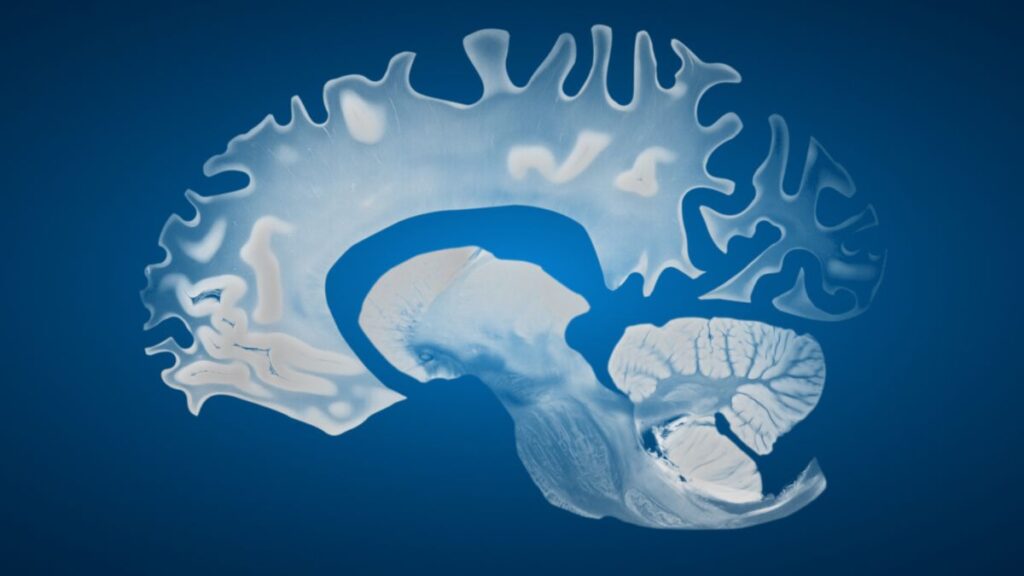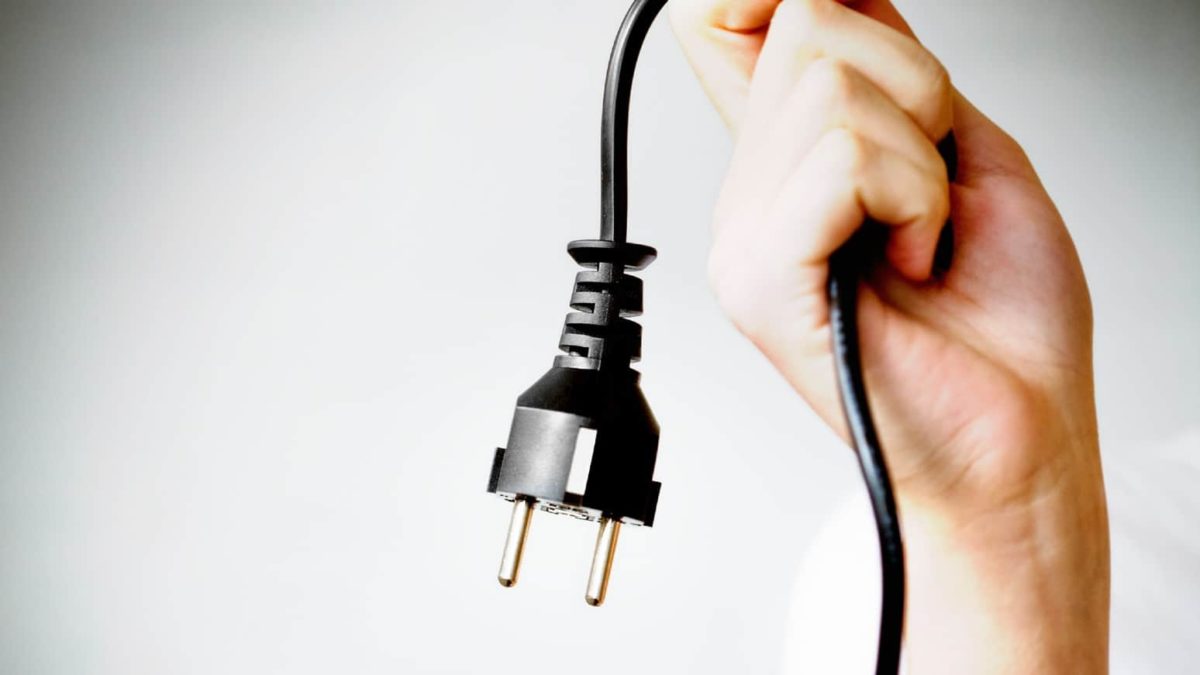
Research indicates that male brains may experience accelerated shrinkage compared to female brains as individuals age. This conclusion arises from a study involving 4,726 participants with healthy cognitive function, revealing “modest yet systematic sex differences” in brain tissue degradation. The study highlights a significant aspect of cognitive aging, particularly in the context of diseases such as Alzheimer’s, which disproportionately affects women.
The human brain naturally undergoes shrinkage over time, with pronounced volume losses observed in those who succumb to Alzheimer’s disease. Current statistics show that women are diagnosed with Alzheimer’s at double the rate of men. Despite this, the impact of sex on brain volume changes during aging remains poorly understood. The findings suggest that female brains may lose both gray and white matter at a slower rate than their male counterparts.
Research Methodology and Findings
The research team, led by Anne Ravndal, a neuroscientist at the University of Oslo, analyzed over 12,000 brain scans collected from participants aged 17 to 95. Each participant underwent at least two brain MRIs, with an average interval of three years between scans.
After controlling for sex-based differences in brain size, the analysis revealed that men exhibited a decline across a greater number of brain regions, particularly in various areas of the cortex. In contrast, women showed less alteration in cortical thickness and a decline in fewer regions. The results suggest that biological differences between the sexes influence the aging process of the brain, although the authors caution that further investigation is necessary.
Despite extensive research on aging brains, a significant gender bias persists in the field. In 2019, only 5 percent of published studies in neuroscience or psychiatry addressed the influence of sex. This discrepancy leads to inconsistent findings regarding the extent and speed of cognitive decline between men and women. While some studies indicate steeper declines in men, others suggest women may experience greater losses.
Implications for Cognitive Health
The study also explored how these differences in brain volume may relate to cognitive function, an area requiring further exploration. Researchers are beginning to understand the relationship between brain morphology and disease; some studies even propose that certain forms of shrinkage could be beneficial. Notably, Ravndal and her colleagues found no significant differences in volume changes in the hippocampus, a critical area for memory and learning closely linked to dementia.
Interestingly, women in the study began to show a faster decline in the hippocampus only at older ages, which may align with their longer life expectancy rather than indicating a higher dementia risk. When comparing men and women with similar life expectancy predictions, some disparities in brain decline between the sexes appeared to balance out.
Understanding the intricate interactions between sex, genetics, and environmental factors in brain aging is complex, and the scarcity of longitudinal studies complicates this further. A 2023 review emphasized that the ongoing scientific bias in aging studies has “grave consequences” for overall health and disproportionately impacts female populations. This highlights an urgent need for more research focused on the aging female brain.
The findings of this study were published in the journal PNAS, marking a significant step in understanding sex differences in cognitive aging and the biological underpinnings of Alzheimer’s disease. As the scientific community continues to unravel these complexities, addressing the historical biases in research will be crucial for the advancement of knowledge in this vital area.






